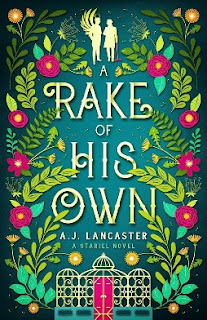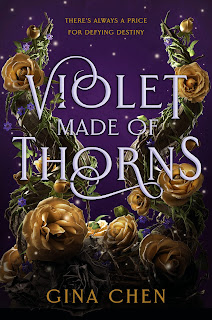You've had excellent advice from those who've written about starting stories so far. I second everything they've said. I'm coming at beginnings from a slightly different angle because for me, a beginning need do only one thing: Make me care.
I want to care. It's why I pick up a book with hope in my heart. I want to care about the story. I want to care about the characters. Making me care is a a three step process folded into the beginning of your story.
First tell me the goals. What does the character want? Even if they're wrong about what they think they want in the beginning of the book, what is that? The sooner I know what that is, the sooner I can identify with that character. I don't need to like the character. The character doesn't even have to be human. I just need to appreciate what they want. Usually there's some truth or universality to whatever this character wants or needs and that's enough to hook me in if you're communicating it via that character's unique voice.
Second, tell me the stakes. I need to know very quickly what's at stake in a story both internally for the character and externally for the character and the world of the story. What does this character stand to lose? This sounds like the answer should be 'well, they either get their goal or they don't' and I assure you that is NOT the answer. The answer is deeper than that. It's connected to a core wound in the character - whatever this character lacks inside themselves that makes them want what they want. It's connected to this character's faulty belief systems. The hard part is that at the beginning of the story, characters don't know they have wounds of any kind, much less faulty belief systems. Still, in the beginning of a story, I need the faintest whiff of what the character lacks. Maybe she's the sole survivor of a space ship wreck. It's been awhile. No one's coming to save her. S'okay, though. She's carved out a means of survival. Lonely? Sure. Sure. But, you know. She wasn't the the type to be belle of anyone's ball so it didn't much matter. This was peaceful. Lots of time for figuring out how to make paint from local resources and painting anything that stands still long enough - oh, hey. Is that a shooting star? Or -- holy shit. A ship. What's at stake for this character? Loneliness. Isolation. Companionship. Belonging. Possibly, if it's a romance, what's at stake is being proven wrong about not being the type to be the belle of anyone's ball.
Finally, tie is all up in a bow and tell me why. Why do the goals and the stakes matter? This is where promises are made. I won't say kept, because promises made at the beginning of a book are rarely kept through to the end of the book - at least, not those about plot or character or goals or even stakes. Word to the wise, though. You might want to keep your genre promises. The why gives me a hint about how the goals and the stakes are going to start generating conflict. Painter girl from above has lots of potential stakes. It's possible she had a goal before the shipwreck - get an important secret somewhere to stop a war. Without a ship and without rescue, that goal is null and void. She had to switch to a single goal: survival. Once that was secured, she could expand to becoming the greatest painter in the world which, notably, only she inhabits. Another ship coming in long after she'd given up ever getting off the rock, opens the door for you, the author, to tell me just how screwed our poor, cast away heroine is. Either that ship is crashing, too, and she's just going to bury more bodies but maybe she can repair the ship, or they land, leap out and shout, "Millions have died! You had one job! Where's the secret thing??" or it's some renegade band running from the law, trying to repair their ship, and they are not happy to see her, nor do they have any intention of getting her off world, or . . . I realize this may feel like the end of the beginning of a story. It isn't. It's the end of the inciting incident.
Which leads me to bonus points. Bonus points for starting on action. I may get hate for this. Or, possibly, you've clucked your tongue, rolled your eyes, and said, 'not every genre can do that'. Yes, my friend. They can. Action, when we speak of story, isn't all about guns and car chases and explosions or ships falling from the sky. Action is about collision. Character in stasis (normal life) + inciting incident (whatever sideswipes them) = action.
In this case, character with goal + stakes (why that goal matters to them) + inciting incident (ship falling from sky) = mental, emotional, and physical chaos.
I'm here for it. Bring it. The faster I can scoop that up like ice cream, the happier I am.
Beginnings of stories must do a bunch of things all at once, yes. Your dawning awareness that there are far more than just three things that beginnings must do is - yeah. Beginnings are tough and you may be shocked to find that ton of authors leave until last. No joke. There's a lot of pressure on your beginning and on you. Some of the best advice I ever had was to start a story where I knew what was happening. Sometimes that's the middle. Sometimes the end. Occasionally, it's the beginning. But, when I don't know a beginning, I can figure out what it needs to be based on how the story ends. So. Never be afraid to say 'I don't know' about a beginning. Get to the end. See where everyone ends. Then you can work backward to a starting point for your characters. You'll have their change arc already in place.












